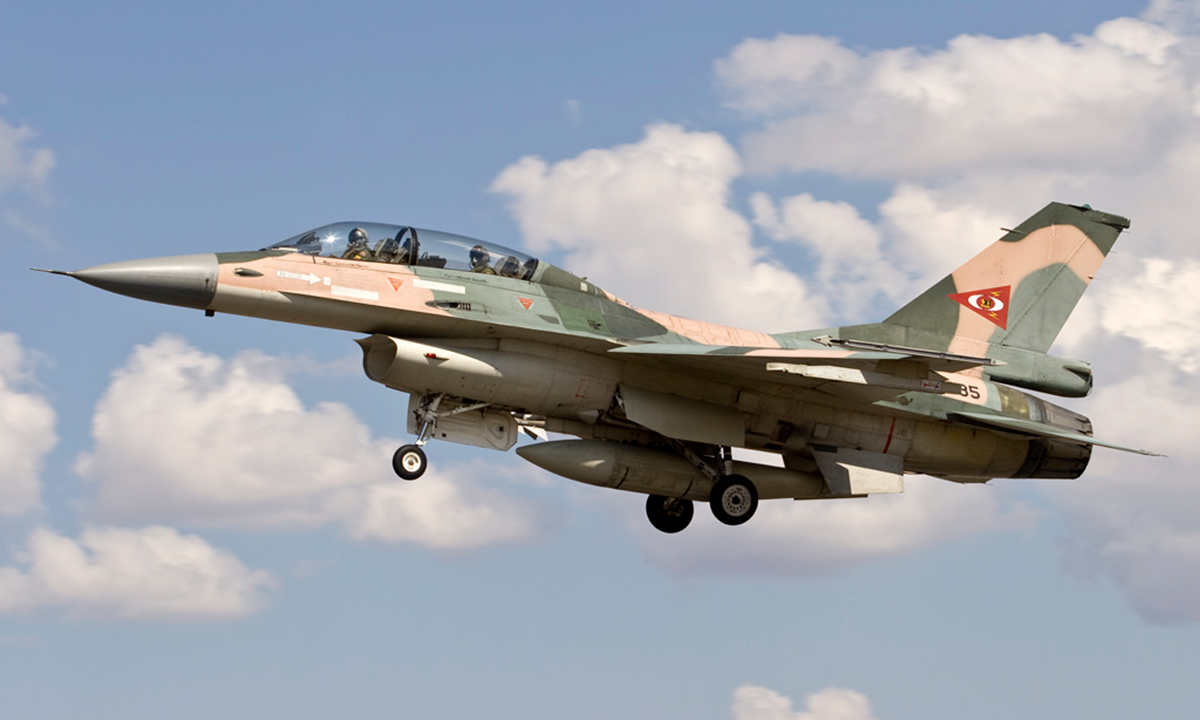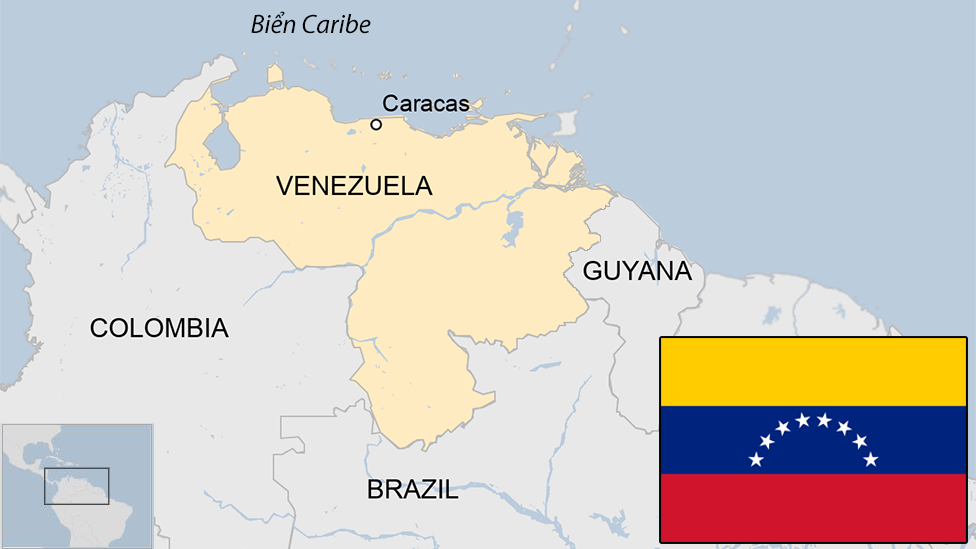The Pentagon announced on 4/9 that "two military aircraft from the Maduro regime operated near a US Navy ship in international waters. This serious provocation was carried out to impede our counter-narcotics operations".
The Pentagon demanded that Venezuelan President Nicolas Maduro's administration cease "impeding, obstructing, or interfering with US military counter-narcotics and counter-terrorism operations".
Unnamed US officials, cited by US media, said Venezuela deployed two F-16A/B fighters near the USS Jason Dunham in a show of force. The F-16A/B is an early version of the US-made F-16 fighter jet, sold to Venezuela in the 1980s when bilateral relations were less strained.
 |
A Venezuelan F-16B fighter in 2006. Photo: Airliners |
A Venezuelan F-16B fighter in 2006. Photo: Airliners
Caracas has not commented on the accusations from Washington.
The USS Jason Dunham is among at least eight warships the US has deployed to waters off Venezuela as part of an operation against criminal organizations and drug cartels in the region.
A US official told War Zone last week that the operation was also intended to pressure President Maduro over drug trafficking allegations, which Caracas denies.
On 2/9, the US military opened fire on and sank a "drug-running" speedboat in the Caribbean, killing 11 people. Caracas condemned the action, accusing Washington of "extrajudicial killings".
The attack is considered a significant escalation by the US, which for decades has typically intercepted drug traffickers rather than using deadly force.
US Foreign Minister Marco Rubio declared on 3/8 that Washington would no longer intercept drug boats because the method is ineffective and would instead "blow up" the targets.
 |
Location of Venezuela. Graphic: BBC |
Location of Venezuela. Graphic: BBC
Pham Giang (According to AFP, War Zone)












